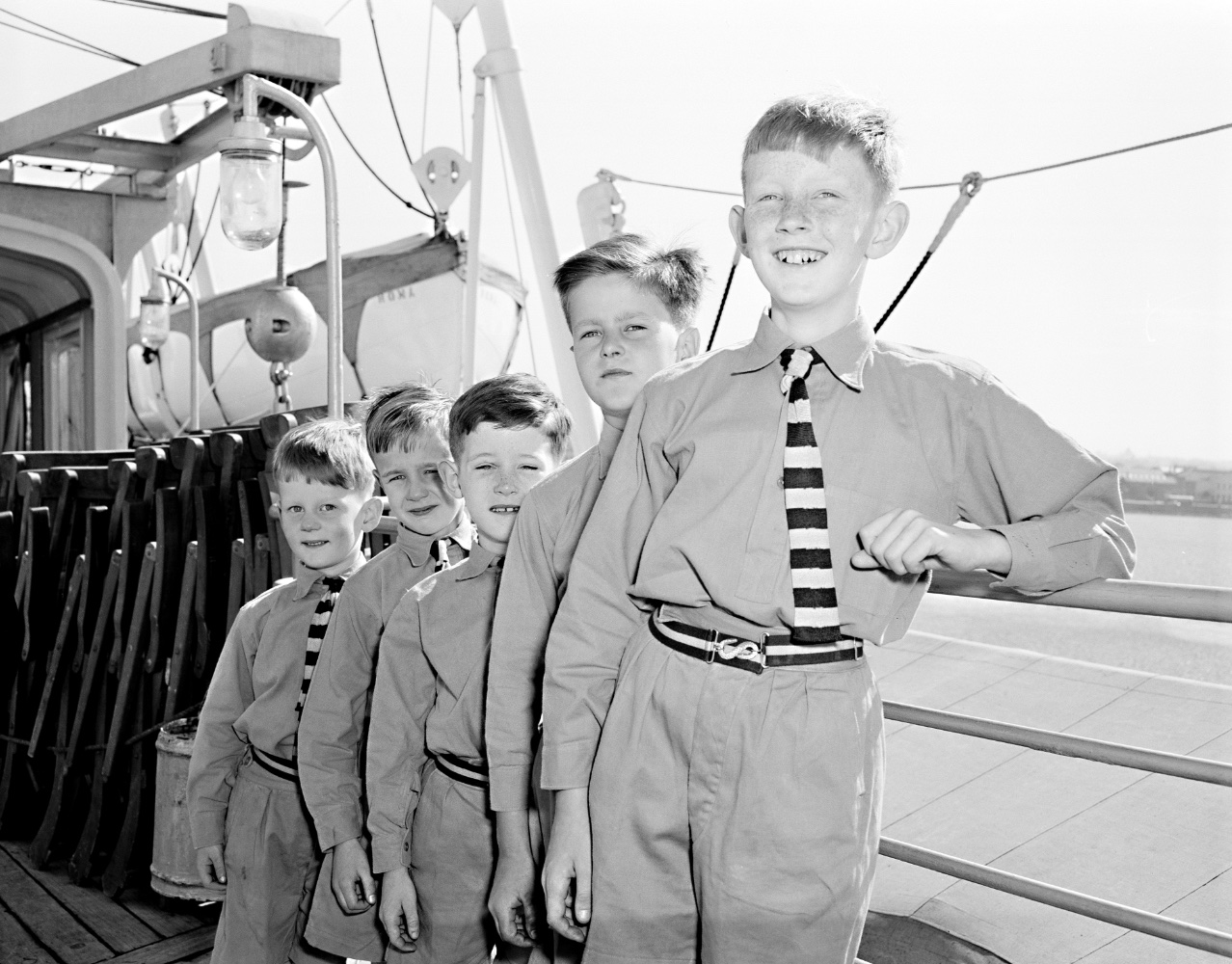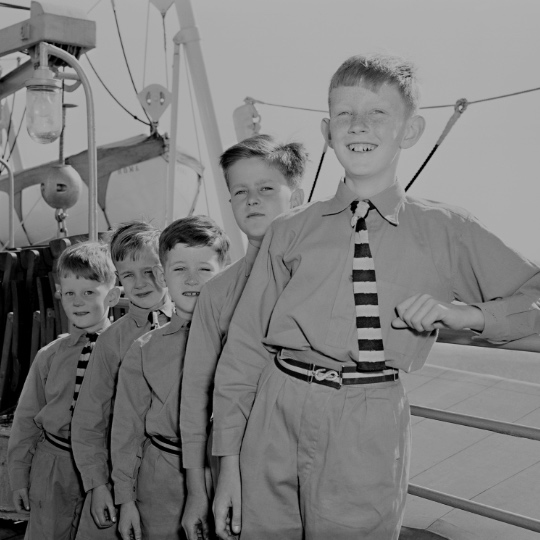Select Committee on Public Interest Whistleblowing
Select Committee on a Certain Maritime Incident
A Community Affairs References Committee inquiry found that although some children had a positive experience, others were routinely beaten, denigrated, depersonalised, forced to perform arduous and unsafe manual labour, inadequately fed and clothed and received virtually no education.
This had life-long effects, with former child migrants finding it difficult to establish and sustain relationships and to parent. Many witnesses suffered from depression, anxiety, addiction problems and in some instances post-traumatic stress disorder.
The committee’s August 2001 report, Lost Innocents: Righting the Record, noted the two main concerns of former child migrants were loss of identity and the need to have their story heard and believed. Many of its 33 recommendations were acted on, including a 2009 national apology made by Prime Minister Kevin Rudd and the provision of funding for family tracing, oral history recordings, counselling and support groups.
First British child migrants for the Fairbridge Society in Tasmania, 1958, National Archives of Australia A12111, 1/1958/8/1
Righting the record
Submissions to the inquiry revealed that a huge issue for former child migrants was loss of identity. Many were referred to by number or given new names. Others were separated from siblings and told their parents were dead. For many former child migrants tracing family was made more difficult by the destruction of records.
‘When I was 14 and started to work, which meant moving from the home to the hostel, I was given a bundle of letters from my mother. These had been written over the eight years I had been there, in the meantime I had thought that my mother did not love me and did not want me back.’ Submission 82, p. 2
‘I asked the “powers that be” about my family…and was always told the same story “there is no one left”…I have since found that had I gone to the home in which I had been born and knocked on the door, my mother would have answered it: she had been in the same home for 50 years.’ Submission 65, p. 1

First British child migrants for the Fairbridge Society in Tasmania, 1958, National Archives of Australia A12111, 1/1958/8/1
Andrew Murray (left) with committee chair Rosemary Crowley and committee member Tsebin Tchen viewing a plaque to British child migrants at the South Australian Migration Museum in 2001
Senator Andrew Murray
The inquiry was proposed by Senator Andrew Murray, who had been sent at the age of four to a farm school run by the Fairbridge Society in Southern Rhodesia, then a British colony.
Early in his parliamentary career, Murray was assigned a driver, Rick Boyland, who like Murray was a former child migrant but at the Fairbridge Farm School in Western Australia. This chance meeting, together with the work of the Child Migrants Trust, motivated Murray to push for this inquiry and the 2004 inquiry into children in institutional care.
When the inquiry report was presented to the Senate, Murray was so affected he asked fellow committee member Senator Susan Knowles to read his speech.
Andrew Murray (left) with committee chair Rosemary Crowley and committee member Tsebin Tchen viewing a plaque to British child migrants at the South Australian Migration Museum in 2001
Find Out More
|
National Apology to the Forgotten Australians and Former Child Migrants: apology excerpt
|
|
|
Online exhibition—National Museum of Australia |
|
|
Audio—National Library of Australia |
|
|
Publication— National Library of Australia (PDF) |
